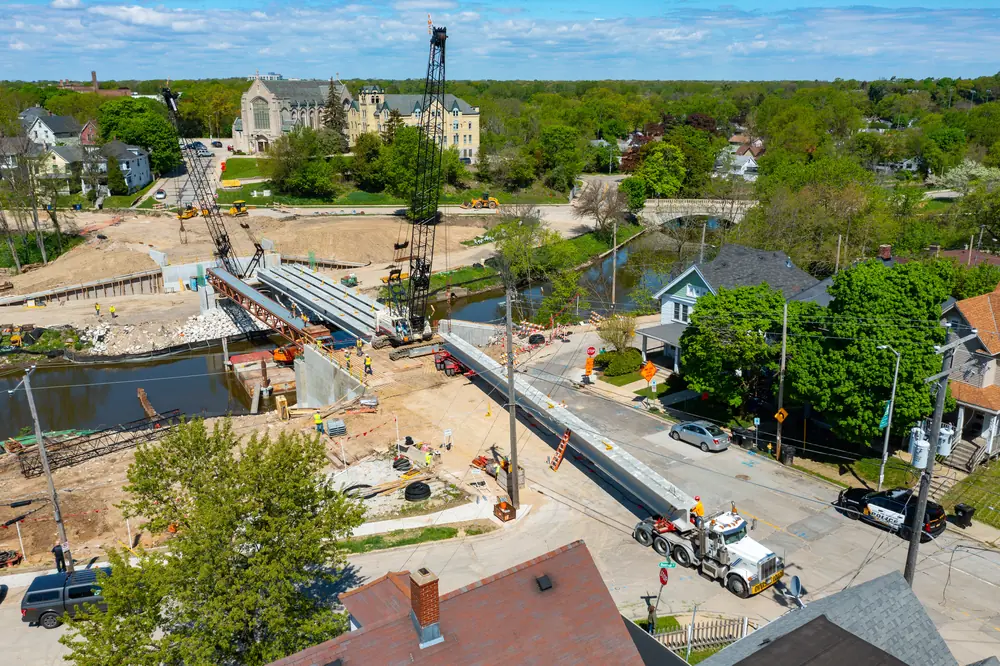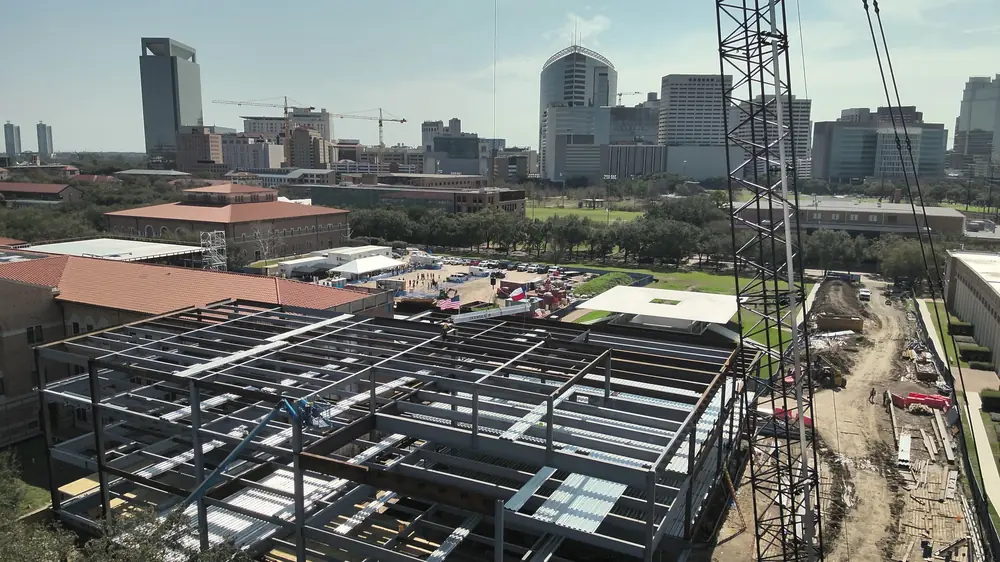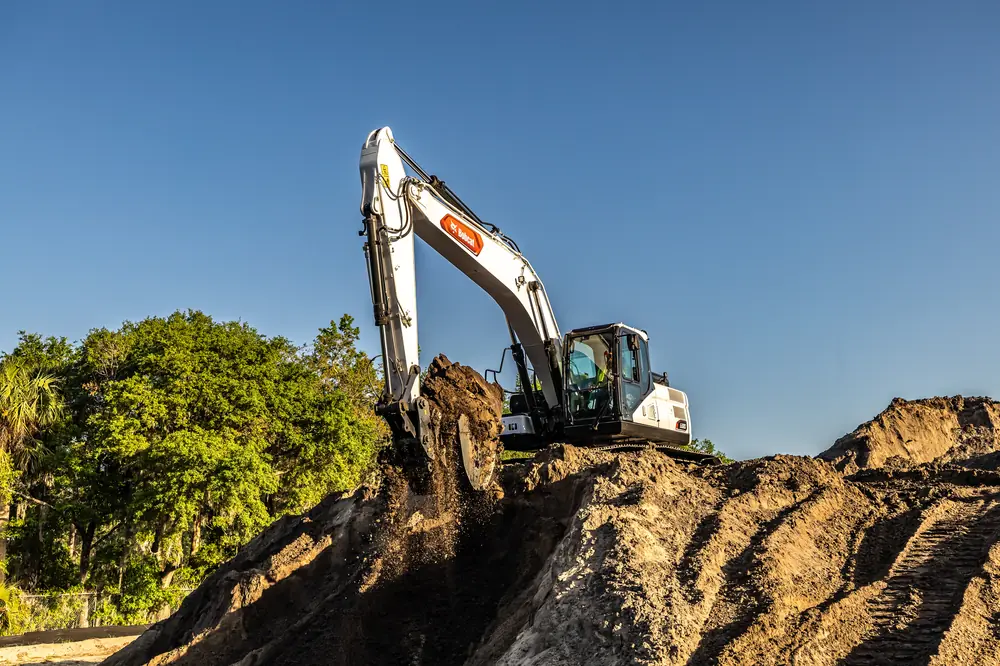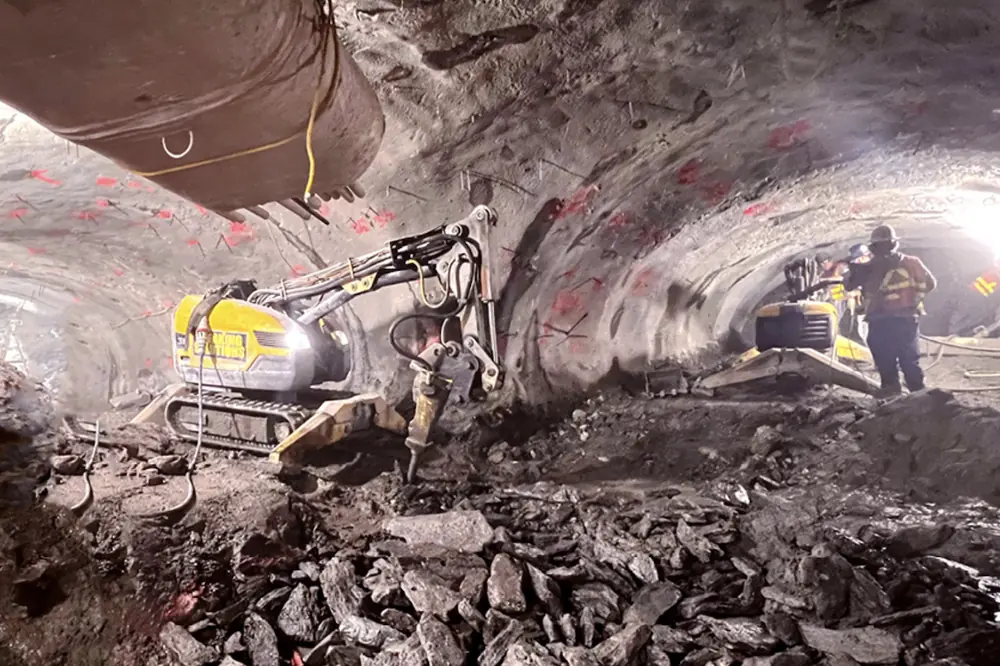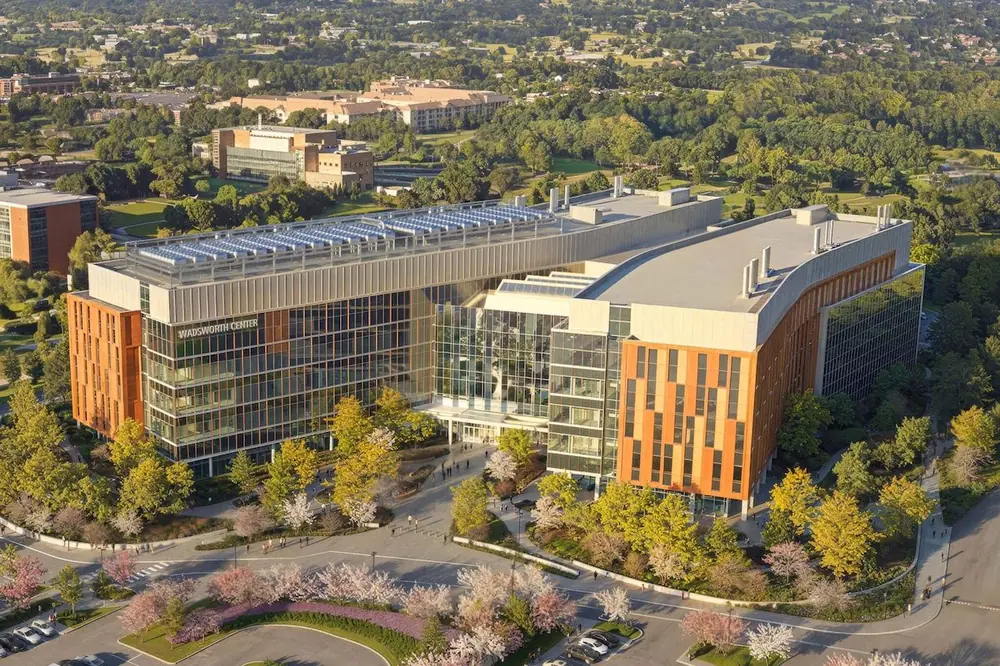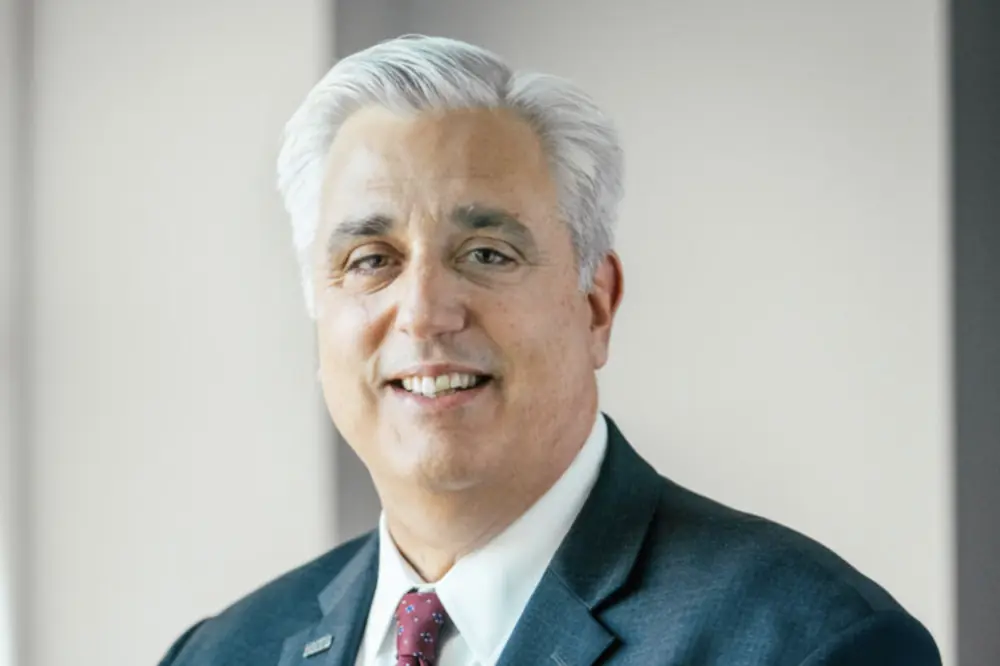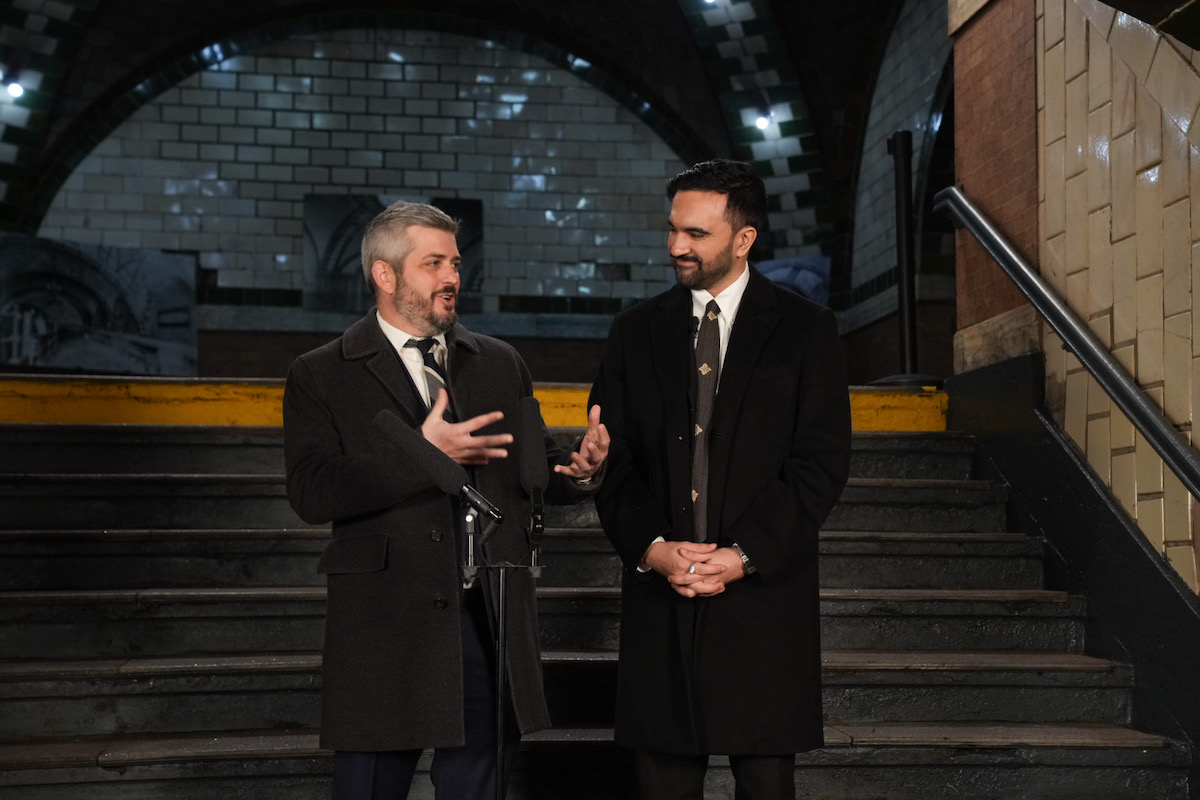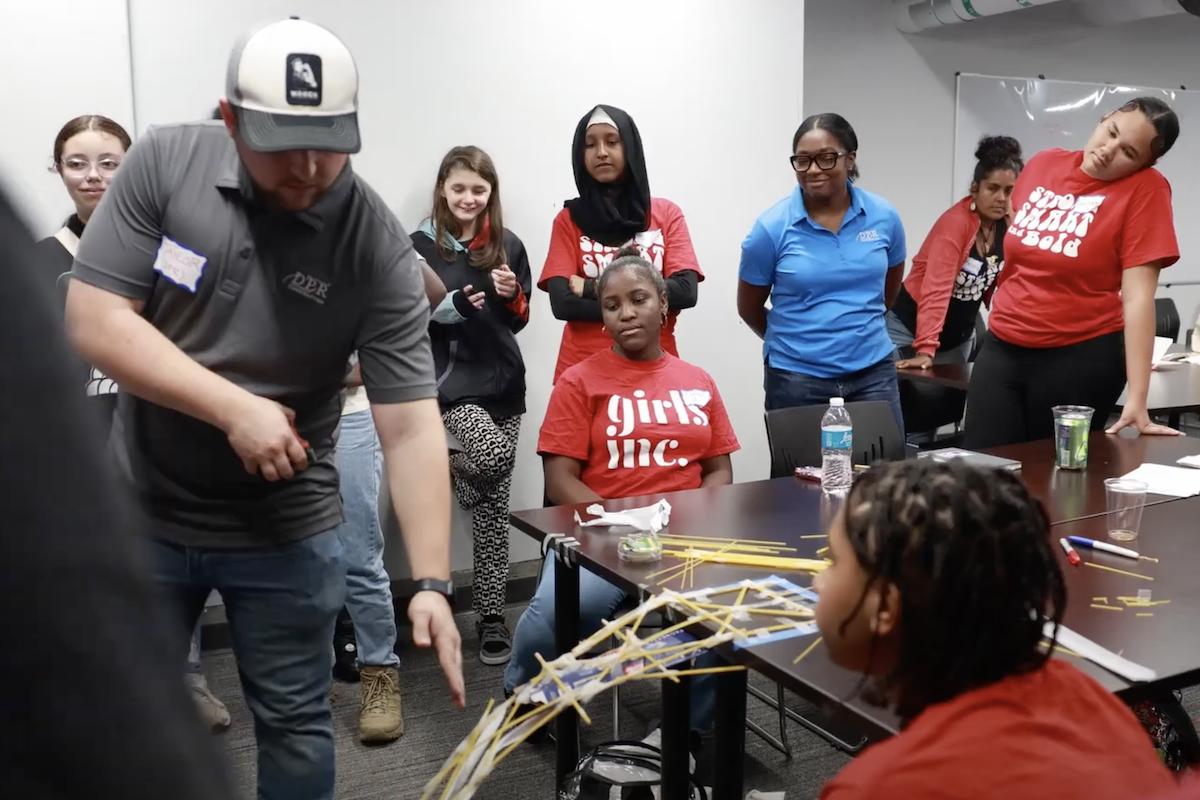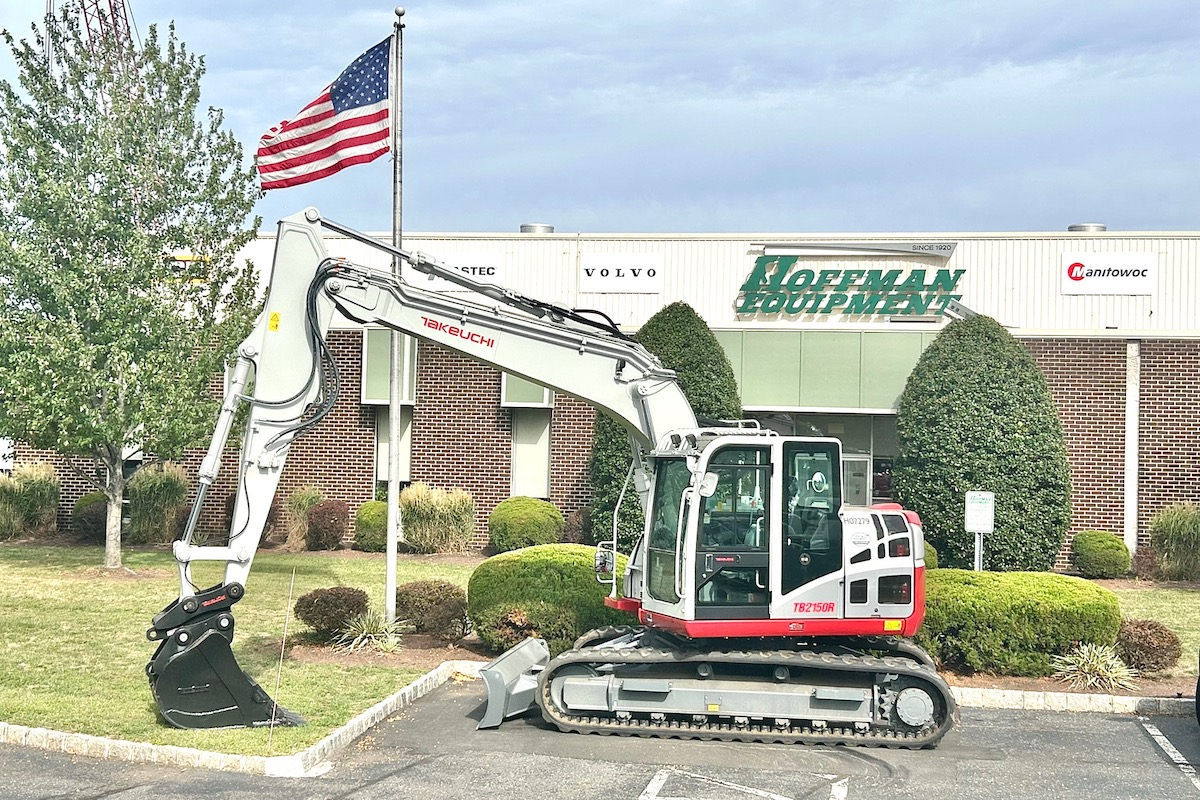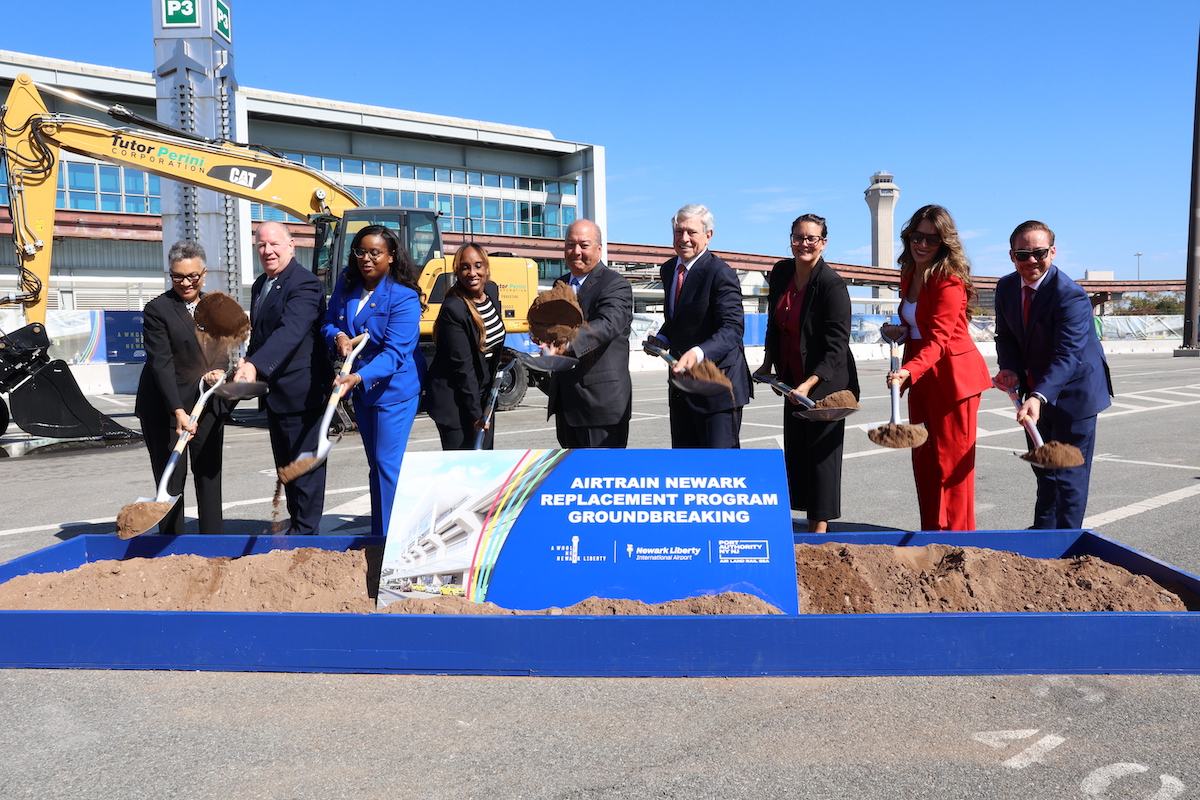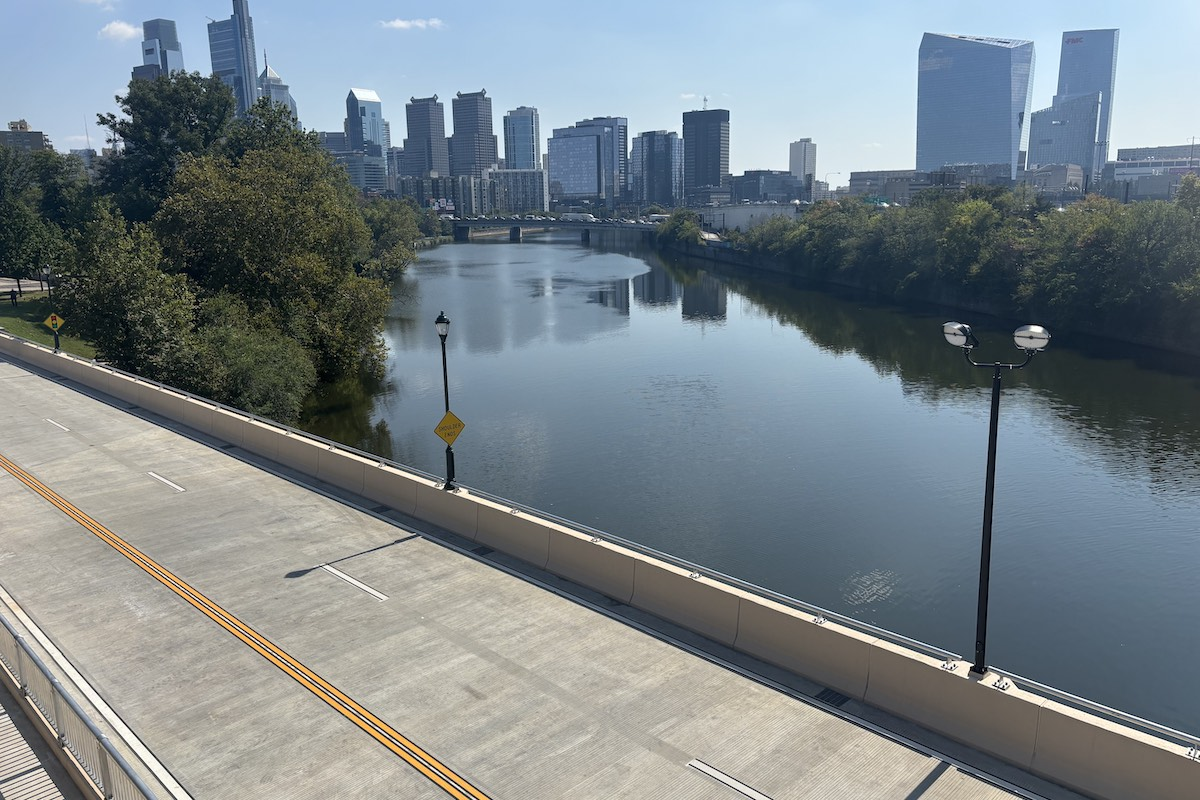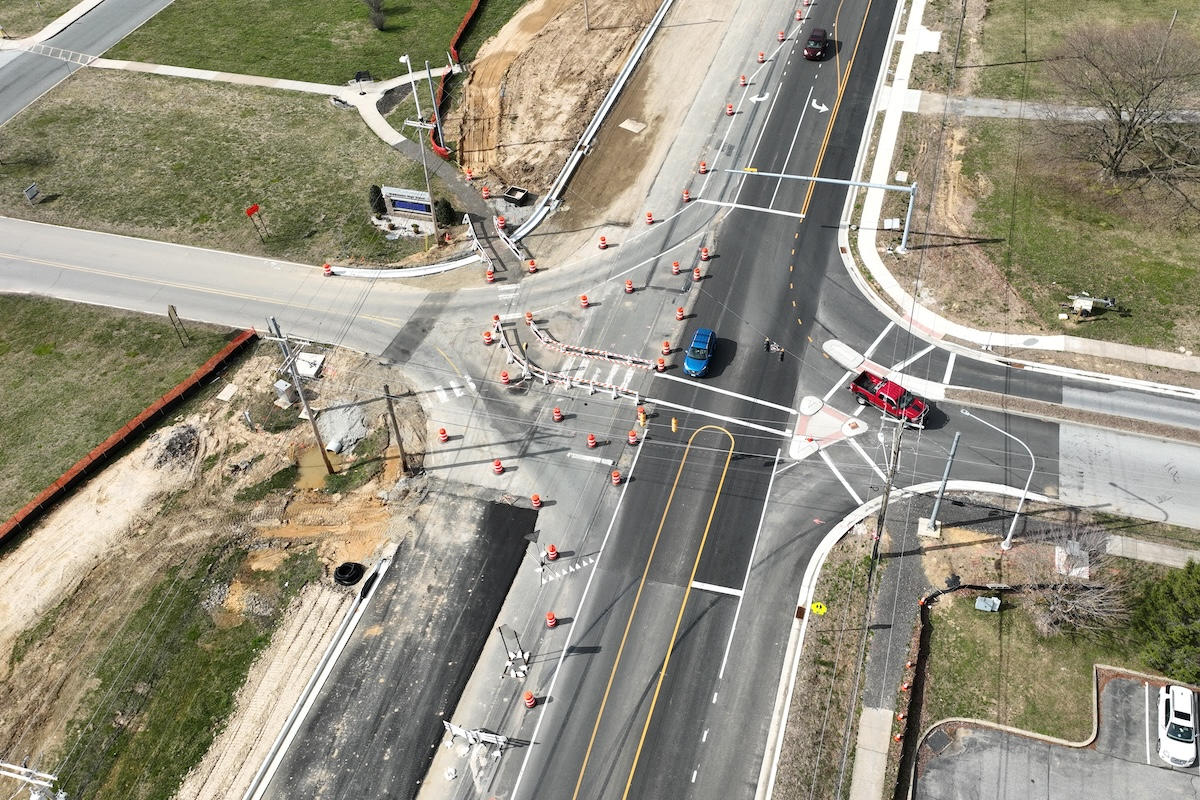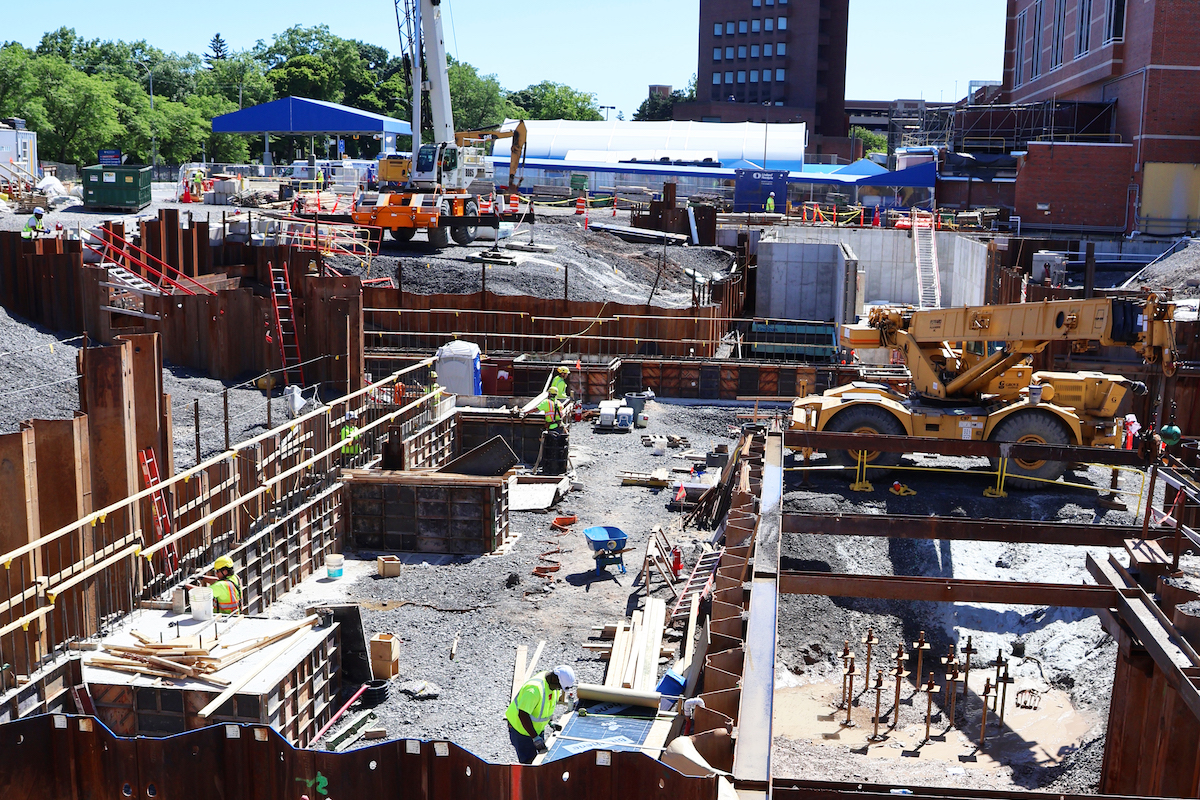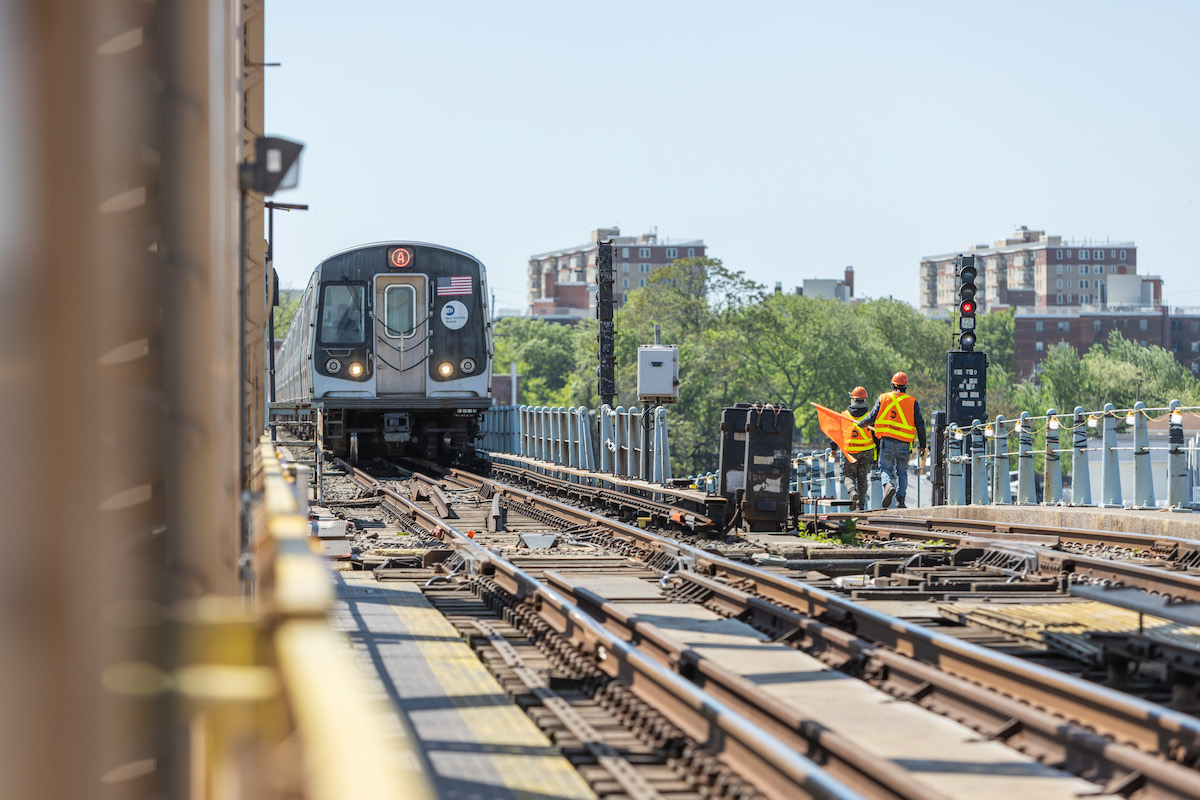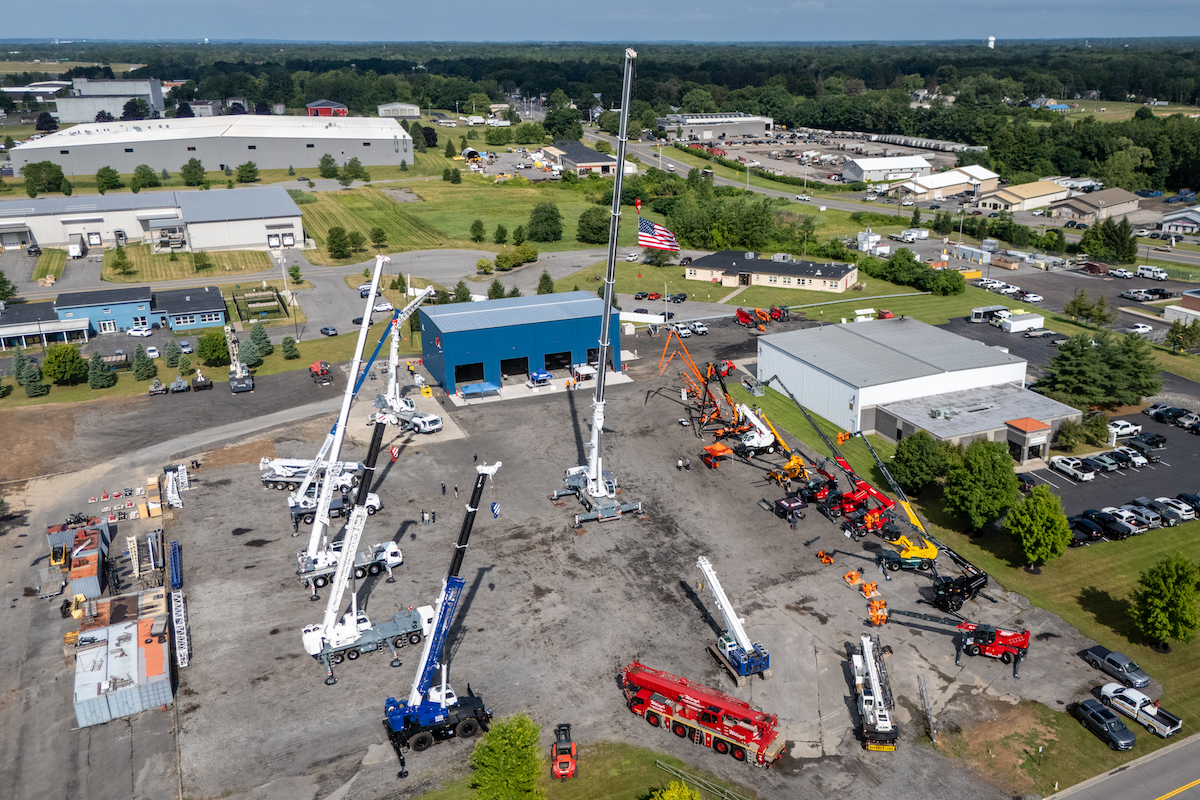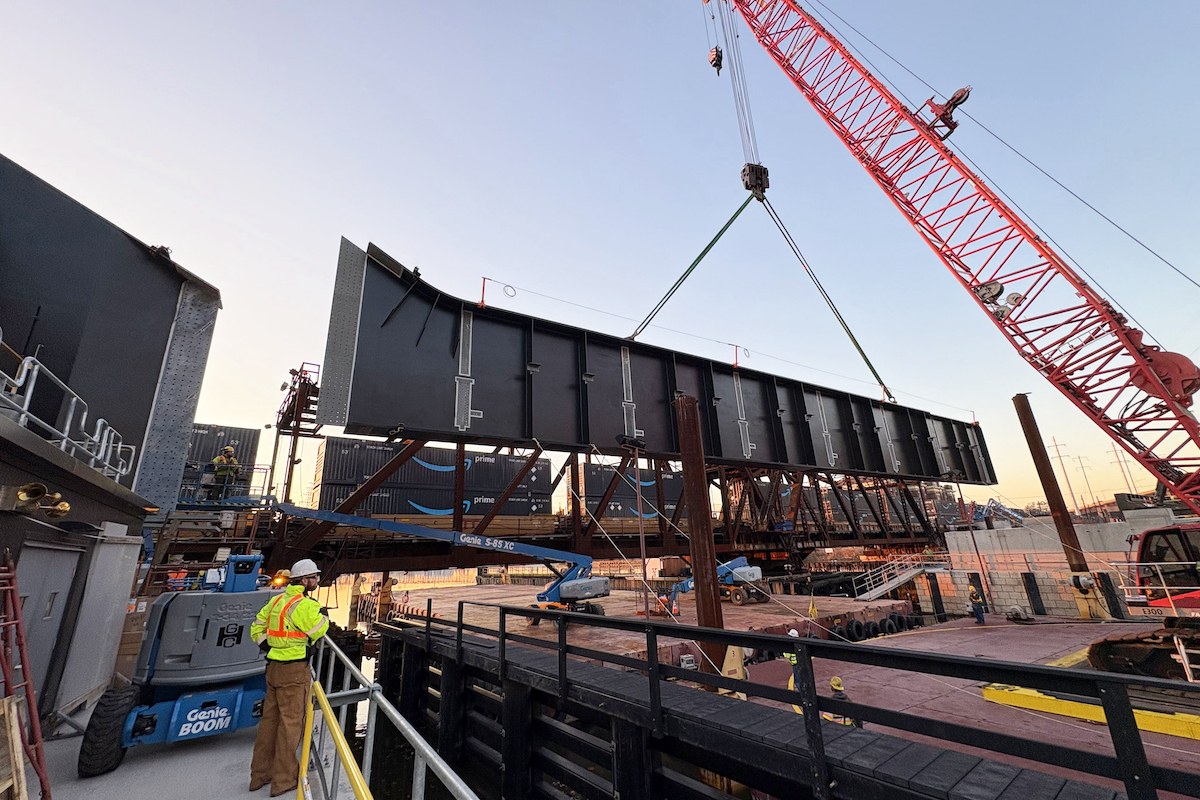The Union Pacific train traveled through Mayflower multiple times per day. Each trip could last up to 15 minutes. If a train stoppage did occur, delays could last up to an hour. Unlike passenger trains or buses, there was no schedule to consult to avoid a slowdown.
“There was no real regularity,” ARDOT Public Information Officer Dave Parker said. “It was hit-or-miss in terms of when a train would pass through the area.”
Commuters could take other routes to avoid the potential slowdown if a freight train passed over the two-lane highway. However, Highway 89 was the main road through Mayflower. Drivers never knew when using the highway whether they would encounter a traffic slowdown due to the train.
The previous railroad crossing was also a safety hazard. Of the approximately 4,000 railroad crossings in the nation, the Mayflower railroad crossing was listed as the 214th most dangerous. The safety hazard comes from traffic delays, particularly emergency vehicles, where every moment is critical. The delays also impacted Mayflower schools.

| Your local Trimble Construction Division dealer |
|---|
| SITECH Allegheny |
| SITECH Northeast |
According to a local newspaper, “when the train was stopped for a delayed amount of time, it caused school start times to be altered and forced emergency vehicles to take longer, alternative routes.”
The new road is also expected to have an economic impact. “We believe new businesses will be drawn to the area due to the bypass,” Parker said. A press release from Congressman French Hill said that the project has the economic potential to unlock development in the region, contributing to the enhancement of central Arkansas's economy.
The project not only facilitates travel around Mayflower but also provides more connectivity with other towns in the area, including Cabot in the east. Parker said Mayflower residents often travel to Cabot for its shopping and dining options.
Nearly 10,000 vehicles travel down Highway 89 each day, while 2,600 vehicles pass through the railroad crossing.
Every project comes with challenges, and this one was no exception. Highway 89 remained open during construction, posing a safety risk for both construction workers and drivers. Additionally, the project faced challenges due to its close proximity to the railroad tracks, Lake Conway, and Route 40.
Emery Sapp & Sons served as the general contractor on the project. Parker said that the employee-owned heavy civil contractor has completed a significant amount of work for ARDOT.
“They always do a good job and regularly hit the schedule,” he said. “They have the workforce, which is impressive considering the limited supply of qualified skilled workers.” He added that they are good communicators and enjoy a positive working relationship with ARDOT.
The budget for the entire project was $27.6 million. Contributions for the project came from the local government, Faulkner County, as well as the state and federal government.
The project came in on budget. Parker said this was a challenge since the cost of materials rose and had some impact on the project at the end. “The only way to stay on budget is to anticipate potential issues and build it into the contract,” he said. “We factor everything and make sure the bids include inflated material costs.”
This project was anticipated and considered for years. A Faulkner County judge said project planning began in 1983. The actual construction start date was spring 2021. The overpass opened two years later in May 2023, as scheduled. Parker explained multiple factors that kept the project on schedule.
“There were no major weather situations, Emery Sapp & Sons ran a good project, and there was good coordination between the state, local, and federal government,” Parker said. “This project got the amount of attention it needed, and no additional studies were needed, so it was greenlighted. Everyone knew it was overdue, and it would be a great benefit to the residents of the town.”
The completion of the Highway 89 Mayflower Overpass marks a significant achievement for the community. By connecting highways 89 and 365, the overpass addresses the city’s long-standing traffic challenges and will improve the safety, connectivity, and economic prospects of Mayflower and its residents.
Photos courtesy of Arkansas Department of Transportation











